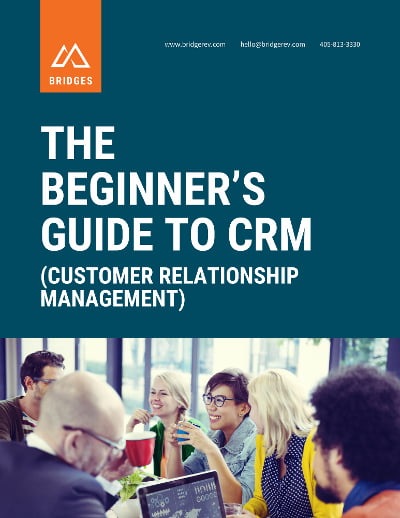SOLUTIONS
Sales Enablement
Sales enablement is about enabling your sales team to go faster, be stronger and more efficient by implementing technology, processes, and content that empowers your sales team. It's about taking your sales inbound.
Is your business missing out on sales?
Nothing can be more frustrating than knowing you are missing out on new business and revenue.
If your business isn't generating new revenue, you can likely identify with one of these two scenarios.
You've taken your marketing to the next level. Your marketing department and the agency you work with have done their part and your sales department has an abundance of leads, but you aren't closing any new business. You're frustrated. You're investing in marketing, but the sales aren't coming with it.
Or perhaps, you are at a crossroads looking for a new direction for your business growth. Your marketing budget is non-existent because you quit the yellow-pages. You set up a website but it's not doing much to generate new business. Your salespeople are frustrated because they don't have enough leads to work.
No matter which of these scenarios you identify with, you're likely in need of sales enablement.
.gif)
How does it work?
Sales enablement is an on-going, agile process to optimize your sales for the best returns. By working together to evaluate your sales tools and technology, your team, your processes and your content, we can identify areas for improvement.
Together, we can develop plans, processes & timelines to reach your goals.
The goal of sales enablement is to create a support system for your sales team to rely on.

Find out what your team could do with an intuitive CRM.
It’s one thing to understand the importance of customer relationship management and another thing to develop systems & best practices to help differentiate your sales process from your competitors.
Our Beginner's Guide to CRM can help walk you through the improvement process.
What does your sales team need?
Technology
Is your team using technology to its full advantage? In traditional sales, the best salespeople identified body language and vocal patterns to tailor their pitch. In today's digital world, there are tools for detecting digital body language. These tools can enable your team to make more informed and meaningful conversations both in person and online. Technologically advanced sales tools can:
- Send your salespeople real-time notifications via text message whenever a lead views your website or e-mail.
- Automatically log most sales activities (phone calls, e-mails & more) into your CRM.
- Automatically send personalized e-mail templates on behalf of a salesperson when a lead takes a specific action on your website.
- Send tracked documents & e-mails. Know how long a prospect views a document and when they open your e-mails.
- View automatically populated fields for each lead, like company size, industry, key employees, social media profiles, with a smart CRM.
What is a CRM?
CRM stands for "customer relationship management." It refers to practices, strategies & technology platforms used to manage and analyze customer profiles and interactions with your company.
Processes
Business owners know that processes ensure repeatable success at delivering a product, but this rule is more often than not, not applied to your sales team. And it should be.
Often, this happens because each salesperson operates independently and autonomously.
Managers will often pair the veteran salespeople with the new recruits for mentoring purposes, but in the process, they leave out processes... a sales playbook.
A great sales process is agile and flexible for use among all of your salespeople.
The first step to improving your processes is a sales process audit.
A sales process audit, an in depth, data-backed analysis of a company’s sales process, is the first step in discovering areas where your sales performance and processes could be improved.
Content
The Internet has made it easy to research just about any topic. Today's buyers do more research and reach more product reviews before making a purchase.
Consequently, the role of the salesperson has shifted from pitch-man to advisor.
A great sales team has a fully stocked cabinet that makes him or her the best advisor. Your sales team's resource cabinet should have:
- Customer case studies
- White papers & e-books
- Product demo slide presentations or decks
- Pricing & discount information
- Competitive intelligence



